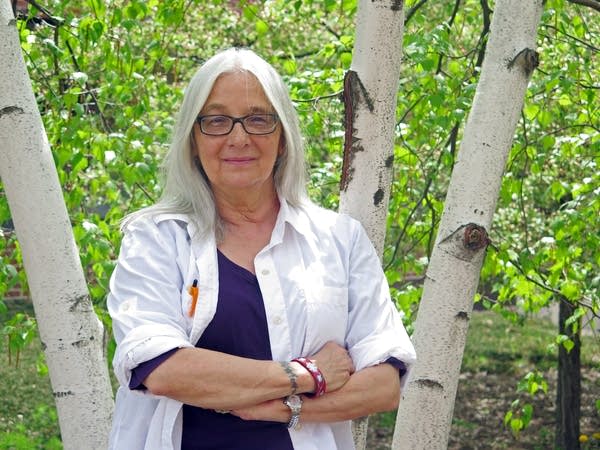UMD prof's novel lays bare America's solutions to 'Indian problem'

Linda LeGarde Grover, the Ojibwe author of The Road Back to Sweetgrass, in Duluth, Minn., on Monday.
Dan Kraker | MPR News
Go Deeper.
Create an account or log in to save stories.
Like this?
Thanks for liking this story! We have added it to a list of your favorite stories.


